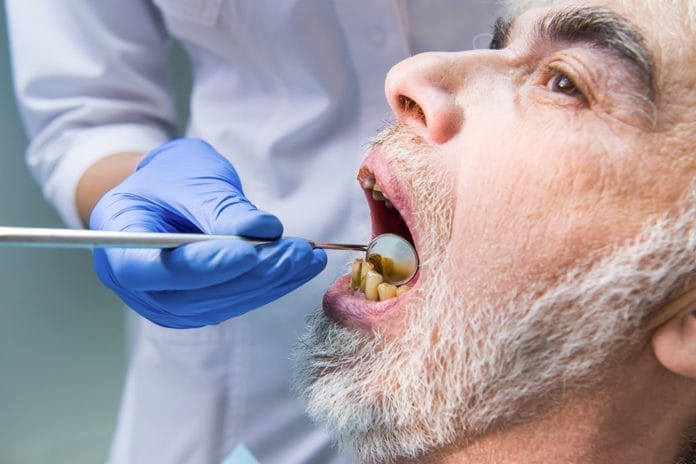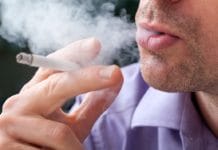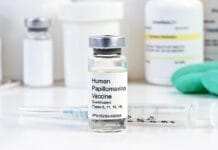A study titled, “Tongue Microbiota and Oral Health Status in Community-Dwelling Elderly Adults,” sheds light on research about geriatric dentistry. The study was published in the American Society for Microbiology and closely examined whether older patients with dental caries were more likely to develop future respiratory issues like pneumonia.
A Closer Look at Pneumonia and the Geriatric Population
Pneumonia occurs when a virus, fungi, or bacteria infect one or both lungs that cause the alveoli (air sacs) to fill up with fluid or pus. The inflamed lung can make it extremely difficult for patients to breathe.
Patients with this respiratory infection may experience a wide range of symptoms which can vary from mild to severe depending on the severity of their illness. Some of the main symptoms associated with pneumonia include shortness of breath, chest pain, fatigue, coughing up phlegm and nausea. Fever, vomiting, and diarrhea are also common. Geriatric patients who are diagnosed with pneumonia may also experience a lower body temperature and mental confusion.
The Center for Disease Control estimates that around 900,000 Americans are infected with pneumonia each year, and over 95% of people who die from it are adults. Because geriatric patients may have weak immune systems, they are more vulnerable to catching certain diseases. Many medical professionals recommend that adults over the age of 65 receive a vaccination to increase their chances of not catching pneumonia.
The Link Between Oral Health and Respiratory Issues
Previous research has demonstrated there is a connection between oral health and respiratory problems. For example, a 2017 study published in Cancer Epidemiology, Biomarkers & Prevention revealed geriatric woman with periodontal disease had a higher risk of developing certain types of cancer, including lung and esophageal cancer.
The latest study focused on the potential link between tongue microbiota and the risk of developing pneumonia. The Japanese researchers sampled the microbiota from the tongues of over 500 patients who were between 70 to 80 years old in Hisayama, Japan.
Once they studied the sample’s genetic code, the scientists discovered further evidence that elderly patients with poor oral health were more likely to have dry mouths and get pneumonia. This is because they were more likely to have fewer teeth and a large buildup of bacteria in their mouth due to dental caries, plaque, and calculus. Overall, the Japanese scientists discovered that geriatric adults with subpar oral health ingested more dysbiotic microbiota which developed on their tongue.
In Conclusion
This type of research provides more proof that poor dental hygiene can impact a patient’s health and possibly increase their chances of developing respiratory issues and other health problems. As a result, dental professionals should create treatment plans for each of their geriatric patients which focuses on reducing their caries risk and tongue microbiota and increases their periodontal health.











